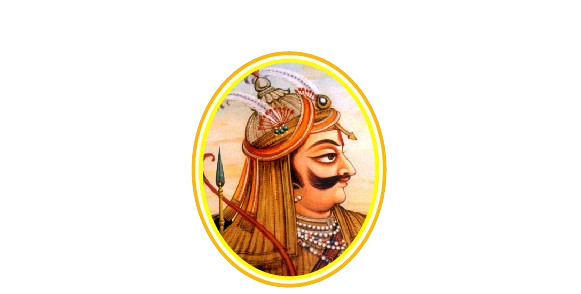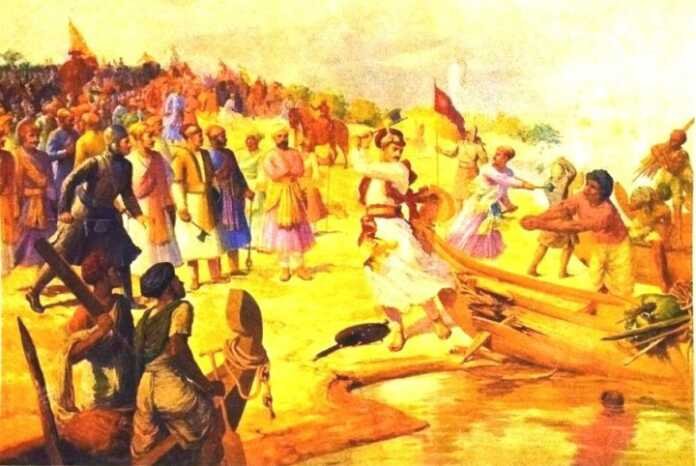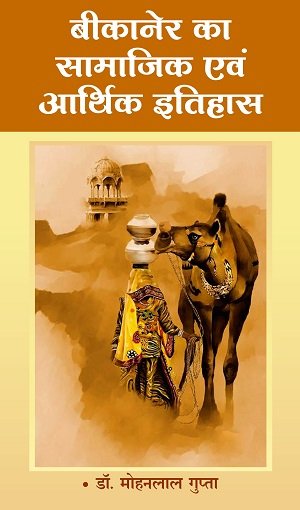Jai Jangaldhar Badshah Episode is a forgotten chapter of Bikaner history. Local traditions, ballads and the Khyats of Bikaner tell this episode with reliable facts. The incident occurred in the reign of Maharaja Karan Singh (1631-1669 A.D.), a contemporary of Aurangzeb.
Aurangzeb, the most powerful Mughal Emperor on the pretext of launching an expedition towards the North-Western region beyond the Indus river led the Mughal army, consisting of the Mughal nobles and the notable Rajput kings.
The real design of Aurangzeb was to convert all the Rajput rulers into Musalmans, when they had crossed the Indus. When the mughal army and Rajput armies reached and encamped on the eastern bank of Attuck river, Maharaja Karan Singh of Bikaner learnt through a friendly Sayyed about the treacherous conspiracy of Aurangzeb.
Thereupon he consulted his fellow Rajput rulers, regarding the future course of action to be adopted. It was decided that the privilege of crossing the rivers be given to the Mohommadans first, so as to gain time to discuss. The plan succeeded and the Mohemmadans embarked upon the boats and crossed the river first. Then at the right time came the news of the death of the Raja of Amber’s mother, and on this pretext all the rulers delayed their crossing for twelve days, the period of mourning.
In the meantime Karan Singh was honoured as the Jagaldhar Badashah by the Rajputs. Under his leadership the Rajputs destroyed all the boats of the imperial army and escaped. Karan Singh gratefully rewarded the Sayyed Jeevan Shah through whose information the calamity was averted. He was granted one pakka paise from every house in Bikaner and a rent-free village, then known as Pankhawala.
The emperor then sent an army to chastise the ruler of Bikaner. The Mughal army which had advanced one march into the Bikaner territory had to be recalled, because it could not bear hardship in the arid region, as a popular couplet says:
लादड़ियो गांव लादयो नहीं, डेलू रहगी दूर।
जालोत सर का चोधरया, कुओ दीन्यो बूर।।
“The village Ladhana could not be graced and Delu village was far away. The Chowdharis of Jalotsor filled up the village well with sand”.
The contemporary historian Khafi Khan and Shah Nawaz Khan, although do not refer to this episode mention that Rao Karan of Bikaner had revolted against Aurangzeb without mentioning the cause for it. In the ‘Jaipur Rajya Ka Itihas’ based upon a Khyat preserved by Raj Purohit Hari Naraian this incident has been mentioned in a different way.
But the Khyat establishes the fact that Karan Singh was hailed as Jangaldhar Badshah “by all the Rajput rulers present on the bank of river Indus. A Sasnrkti work “Sukha-sarika” also refer Karan Singhas Jagalko Patisha.
In the Archives of Bikaner, a document is available which prove beyond the shadow of doubt that in the reign of Maharaja Gaj Singh the grant of one pak ka paisa was conferred upon the Shah. Moreover, the successors of Jeewan Shah were seen collecting paisa from every house in Bikaner down to the reign of Maharaja Ganga Singh.
Maharaja Ganga Singh converted this grant into monthly salary of Rs. 100/- payable from the state treasury. It is believed that in the year 1947 after the partition of India the grantee and his family had gone away to Pakistan.
Jai Jangaldhar Badshah Episode is a glorious history of not only Bikaner but the whole Hindu society.





